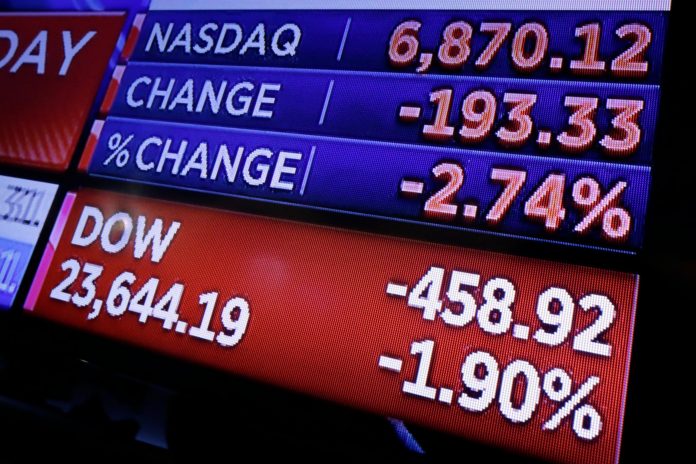
The Trump Administration took a major step this week to get politics out of investments, and investments out of politics. Among the government agencies with a hand in financial regulation, the Department of Labor may seem an unlikely candidate to come to the rescue of everyday investors, but this week it took action to ensure investors are protected from the political agenda of activist fund managers.
On Monday the DOL’s Office of Regulations and Interpretations released new guidance on how investment managers should consider their fiduciary duties. The Field Assistance Bulletin issued a stark warning to managers of employer-sponsored retirement funds to beware of politically motivated investment strategies, especially those under the environmental, social and governance (ESG) umbrella.
It’s first worth clarifying why the DOL is weighing in on the ESG debate. The Department is empowered under the Employee Retirement Income Security Act (ERISA) to regulate fiduciary matters pertaining to employer-sponsored retirement funds, such as 401(k) accounts and pensions. In the last several years, a number of major public retirement plan managers have begun submitting politically influenced shareholder proposals to push their political or social agendas.
The DOL addressed this point directly, stating that “fiduciaries may not sacrifice returns or assume greater risks to promote collateral environmental, social, or corporate governance (ESG) policy goals when making investment decisions.” In short, returns come first, regardless of a fund manager’s political motivations.
The Department also stressed that “… fiduciaries of ERISA-covered plans must avoid too readily treating ESG issues as being economically relevant to any particular investment choice.” If an investment manager wants to allocate retirement savings of any kind into an ESG index fund or pursue a related strategy, the manager must consider ESG criteria on an economic basis and not as merely “tiebreakers” in instances when all other economic factors are equal. In other words, investment decisions must be made on economic factors alone, not political or social ones.
The guidance from the DOL didn’t stop there. Not only must fund managers refrain from pursuing ESG investment schemes at will, they must also broadly avoid engaging with publicly traded companies through shareholder proposals that request disclosures or changes to management practices relating to ESG topics.
The Department states that investment managers “may not routinely incur significant plan expenses to pay for the costs of shareholder resolutions … or actively sponsor proxy fights on environmental or social issues.” However, understanding the growing interest in ESG investments, the DOL did indicate that supporting shareholder proposals when the activity is “likely to enhance the economic value of the plan’s investment in that corporation after taking into account the costs involved” would be acceptable.
The fact is that over the course of the last decade some of the largest pension funds in our country have fallen short on promises and hurt everyday Americans’ investments. Ultimately, the Department’s move aims to protect hard working Main Street investors from having their retirement savings exploited in the name of the political agenda of activists. This is a commonsense goal that we should all be able to support.
While the market from ESG related information and investment strategies has grown in the last few years, investing via these factors, without a show of “substantial increase in economic value of the company,” should be a decision that investors make after careful consideration of the effect on their investment.
Timothy M. Doyle is Vice President of Policy and General Counsel at the American Council for Capital Formation. *This version focuses on DOL Guidance.






